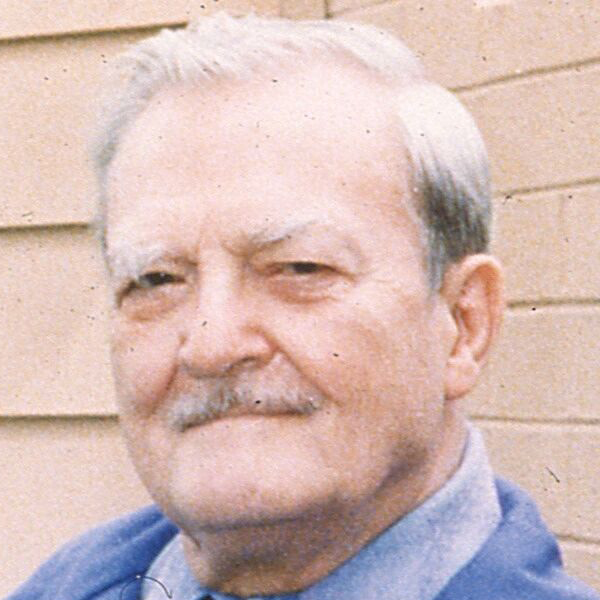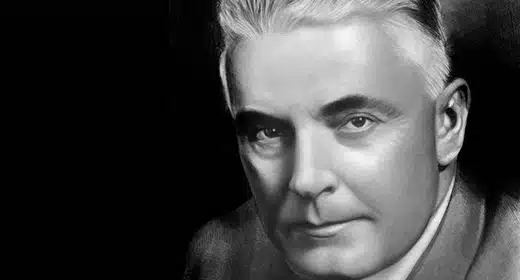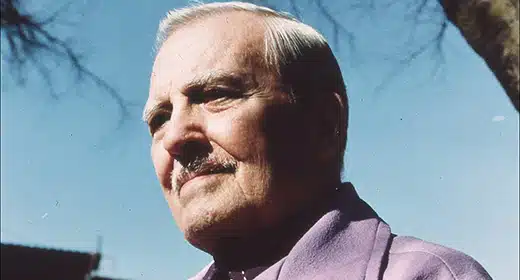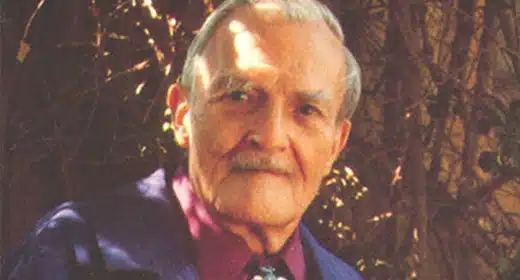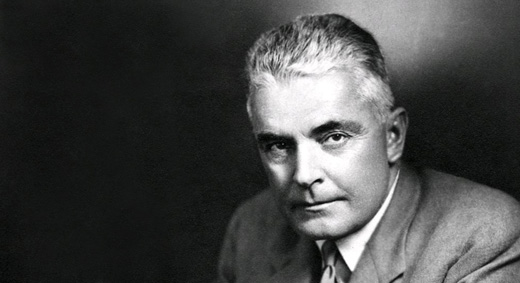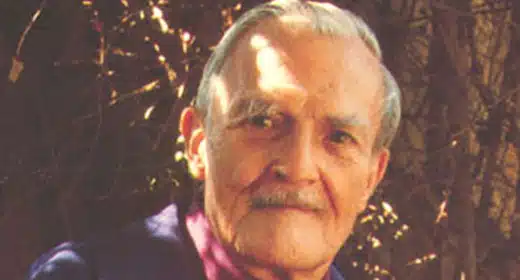Milton Hyland Erickson (1901 – 1980) was an American psychiatrist who specialized in medical hypnosis and family therapy. He was founding president of the American Society for Clinical Hypnosis and noted for his approach to the unconscious mind as creative and solution-generating. He is also noted for influencing brief therapy, strategic family therapy and neuro-linguistic programming. Erickson’s career spanned more than 50 years.
Erickson was plagued with enormous physical handicaps for most of his life. At age 17, he contracted polio and was so severely paralyzed that doctors believed he would die. While recovering in bed, almost entirely lame and unable to speak, he became strongly aware of the significance of nonverbal communication – tone of voice, and the way that these nonverbal expressions often directly contradicted the verbal ones. He also began to have “body memories” of the muscular activity of his own body. By concentrating on these memories, he slowly began to regain control of parts of his body to the point where he was eventually able to talk and use his arms again.
Erickson is noted for his often unconventional approach to psychotherapy. He developed an extensive use of therapeutic metaphor and story as well as hypnosis and coined the term brief therapy for his approach of addressing therapeutic changes in relatively few sessions. Ericksonian hypnosis stresses the importance of the interactive therapeutic relationship and purposeful engagement of the inner resources and experiential life of the subject. He was noted for his ability to “utilize” anything about a patient to help them change, including their beliefs, favorite words, cultural background, personal history, or even their neurotic habits.
Through conceptualizing the unconscious as highly separate from the conscious mind, with its own awareness, interests, responses, and learnings, he taught that the unconscious mind was creative, solution-generating, and often positive.

